
Letter from a Friendship Breakup
February 2, 2021 in Educate Yourself
This is a letter I wrote while journaling my feelings about a friendship breakup:
Dear Friend,
I hope the end of your semester went ok. I wanted to address how we left things. I know that I have cut you off almost completely, and I’ve been on the other side of that, so I know how much it can hurt, and I wanted to explain to you how, for me, taking some space between us is necessary.
 Things haven’t been working for me, which is something I have needed to address for awhile, but I felt like I just couldn’t have that conversation. I value loyalty very highly and often feel like I must fix something that’s not working, so in the past, I have held onto relationships that didn’t feel good, simply on principle.
Things haven’t been working for me, which is something I have needed to address for awhile, but I felt like I just couldn’t have that conversation. I value loyalty very highly and often feel like I must fix something that’s not working, so in the past, I have held onto relationships that didn’t feel good, simply on principle.
I’m going to try to explain how our relationship has been making me feel now that I’ve had the benefit of time and space away to think. Obviously, this was not a conflict that sprung up suddenly. To summarize it, my need for distance has stemmed from the combination of my habit of not establishing boundaries and the amount that I have changed since you and I first met.
I tried to explain to you exactly what processes I’ve recently gone through, but I don’t think I explained it in full. After I went through a breakup and I struggled through the rest of my already very difficult semester, I knew I needed a total restart. Luckily, it was time for the study abroad trip I had been planning for a year. I’m not sure if you’ve experienced this when you’ve traveled, or if it’s unique to a longer study abroad experience, but I got that complete reset. To say I discovered something about myself is cliched and not quite the right way to put it. A better way to say it might be that I discovered something about positive solitude. Through all my long solo walks I took around the city, and the feeling of having been dropped somewhere I didn’t belong to, I really felt like an outsider, but in a way more exploratory than negative.
I think that, before going abroad, I generally considered being alone negative, and tried to run away from it. Since middle school, I’ve valued myself largely on a scale of how much I can help others or stand up for them when no one else will. Middle school me was heartbroken at being pushed out of the social group she’d never had to fight for membership in before, and in response she developed a strict moral code that pulled me down for years, even through college.
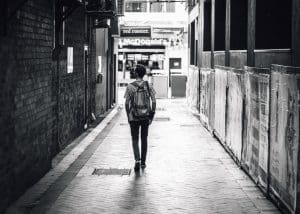 I think my time in Spain shook me free. By being able to embrace aloneness, as it truly is, neither positive nor negative, just a fact that everyone must experience at some point, I can actually rebuild my relationships with other people. I can finally do what’s best for my own happiness, without feeling the need to fight for relationships that aren’t working when that act of fighting is hurting me.
I think my time in Spain shook me free. By being able to embrace aloneness, as it truly is, neither positive nor negative, just a fact that everyone must experience at some point, I can actually rebuild my relationships with other people. I can finally do what’s best for my own happiness, without feeling the need to fight for relationships that aren’t working when that act of fighting is hurting me.
But of course, my semester abroad was cut short, turning into a pandemic spring. My evacuation out of the capital was terrifying, and because, according to my therapist, I may have experienced shock during the evacuation, I struggled with nightmares, increased anxiety, and lack of focus for a month. I came home with the realization that everything was changing, for an indefinite amount of time, so I felt very afraid. I put on a brave face, feeling like I had to, which made everything worse, because I was scared to acknowledge how anxious I was. I let myself lose touch with people I normally love to hang out with every time I’m home. I was not ready to return to college for the first half of the semester, because I was scared of the uncertainty, of getting sent home all over again. This wasn’t something that I’ve been able to easily explain to anyone.
 I honestly don’t know how I managed to overcome this, I guess I just realized I couldn’t stay at home forever, and that I really didn’t want to. So I came back to school much more grateful for the things I had, and with my schedule and priorities necessarily simplified. That’s why I didn’t really care about people complaining about situations on the team. It’s part of why I’m putting a lot of effort into spending time with some of my other friends who I want to be closer with. You have told me that you get jealous, but this is not something I’ll apologize for, sacrifice, or put aside any longer. If I can’t have multiple best friends, things between us just aren’t going to work. I’ve never been best friends with just one person, and it’s not something I ever intend to start doing.
I honestly don’t know how I managed to overcome this, I guess I just realized I couldn’t stay at home forever, and that I really didn’t want to. So I came back to school much more grateful for the things I had, and with my schedule and priorities necessarily simplified. That’s why I didn’t really care about people complaining about situations on the team. It’s part of why I’m putting a lot of effort into spending time with some of my other friends who I want to be closer with. You have told me that you get jealous, but this is not something I’ll apologize for, sacrifice, or put aside any longer. If I can’t have multiple best friends, things between us just aren’t going to work. I’ve never been best friends with just one person, and it’s not something I ever intend to start doing.
To try to summarize and wrap up my letter: I’m sorry for how things ended up with us this semester. I wish I had been patient enough to talk it out and tell you I needed you to rely on me less for emotional burdens and needs, for you to be more independent, and that I needed to be able to spend time with other friends if I wanted. I have grown in incredible ways since we first met, and I know now that the role I was serving for you all this time was not healthy for either of us. I love being your friend, and I hope we can be friends again. But I can’t be anything else—not your therapist, your emotional rock, or your roommate. I hope this letter at least helps you have an explanation of what happened between us.
Best wishes,
SageBriar11
Have you ever ended a friendship, or have experienced a friendship breakup? What happened, and how did it affect you? What would you have done differently? If you want to talk about your experiences in more detail, you can do so on our forum about friendships here!




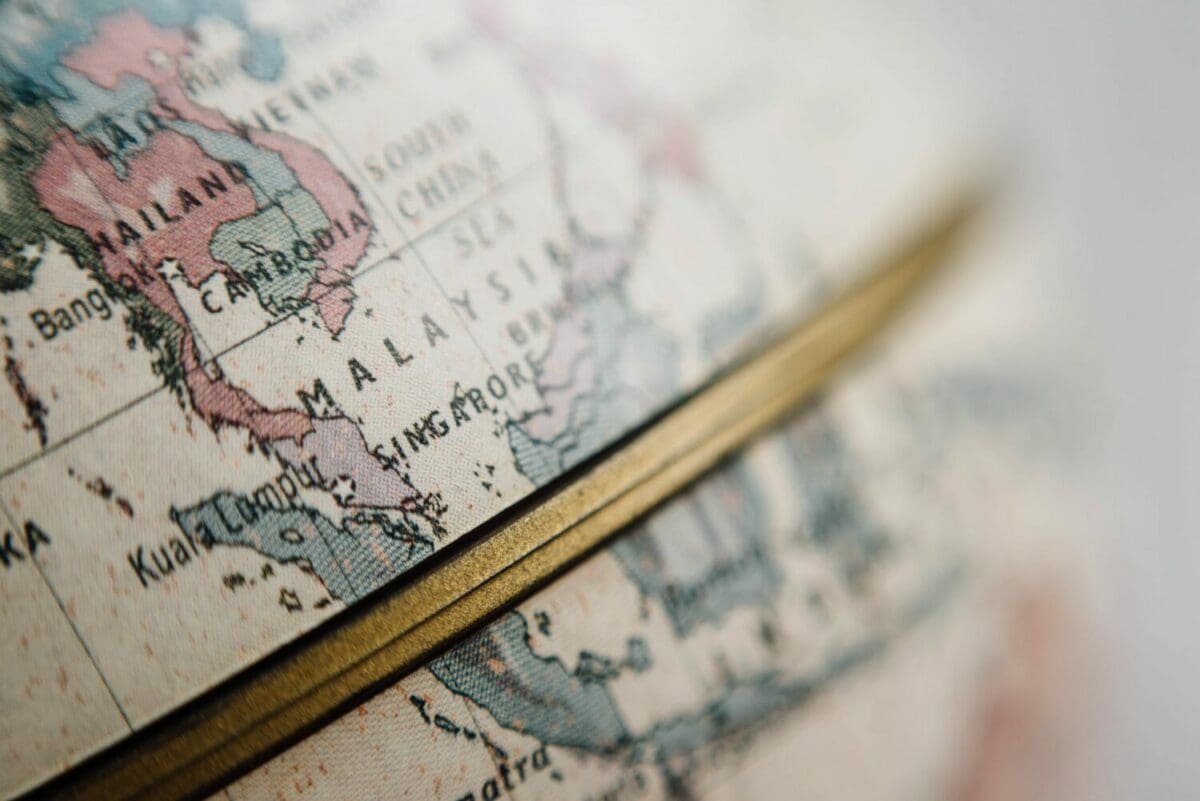
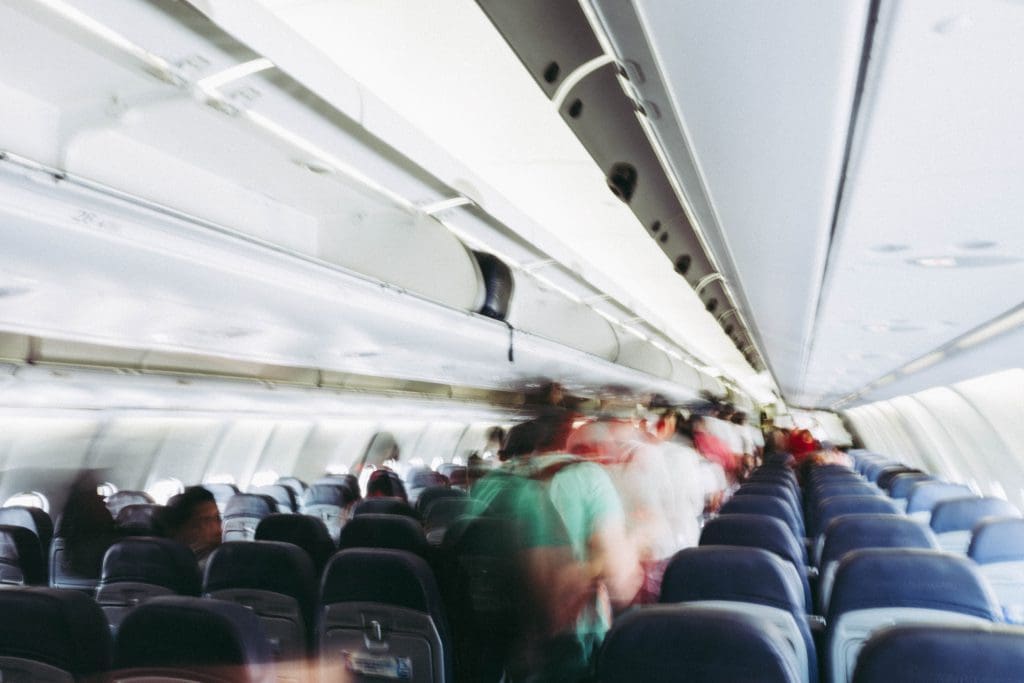
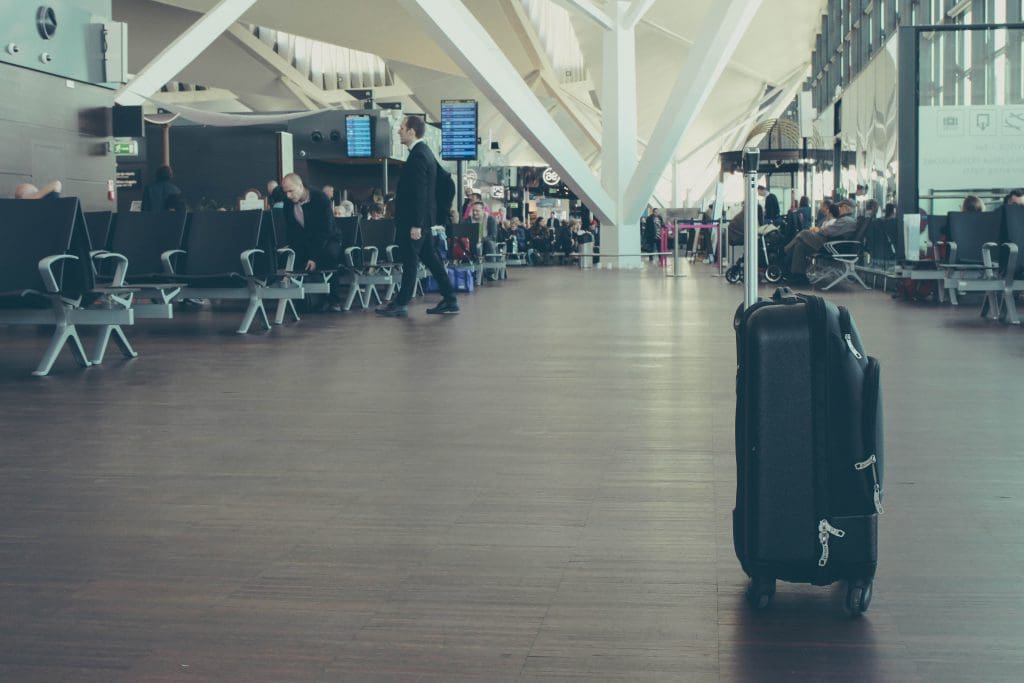
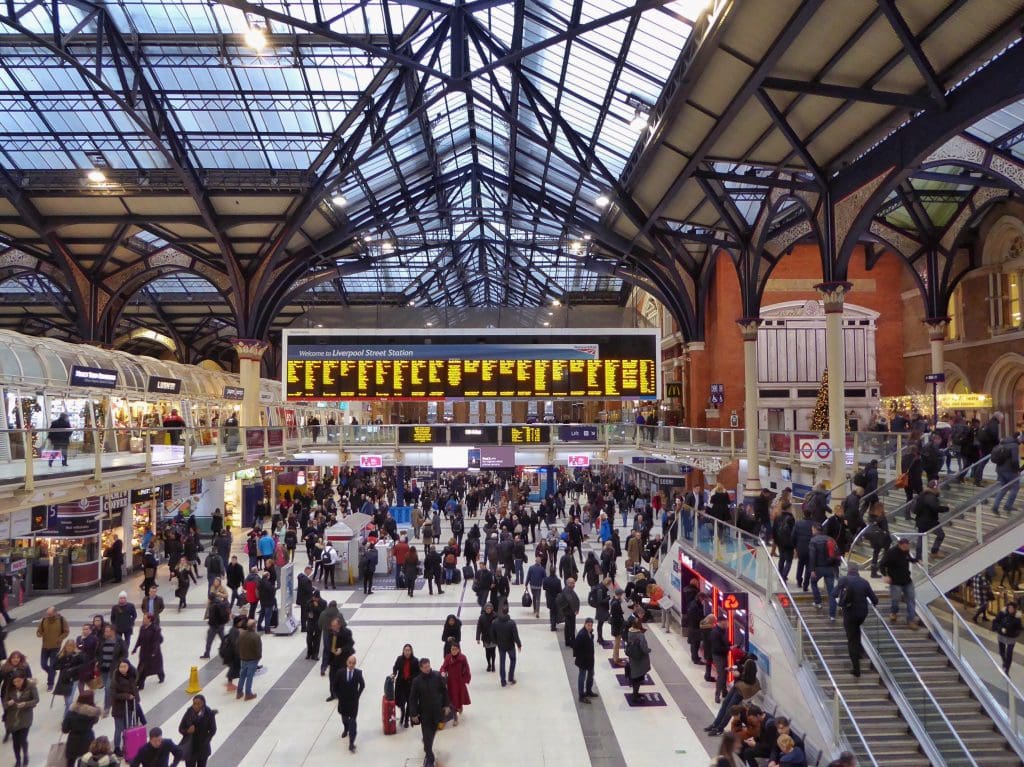



Recent Comments